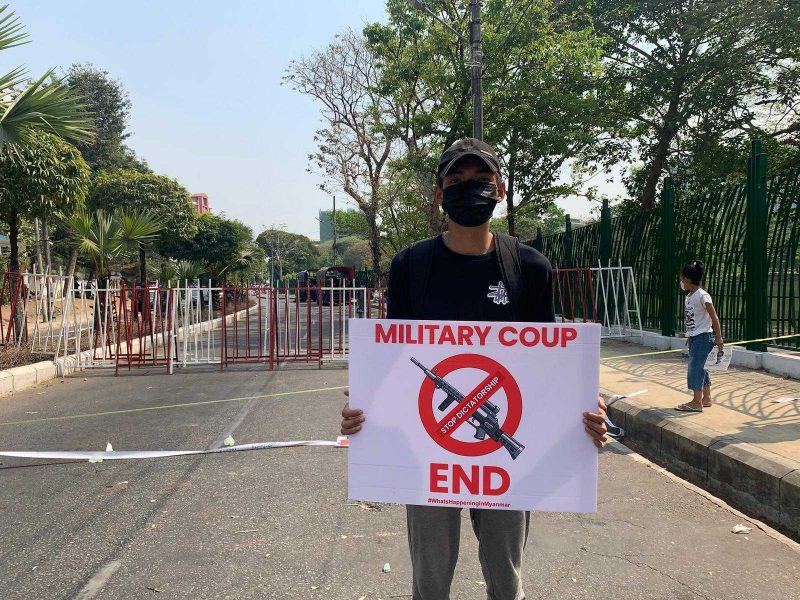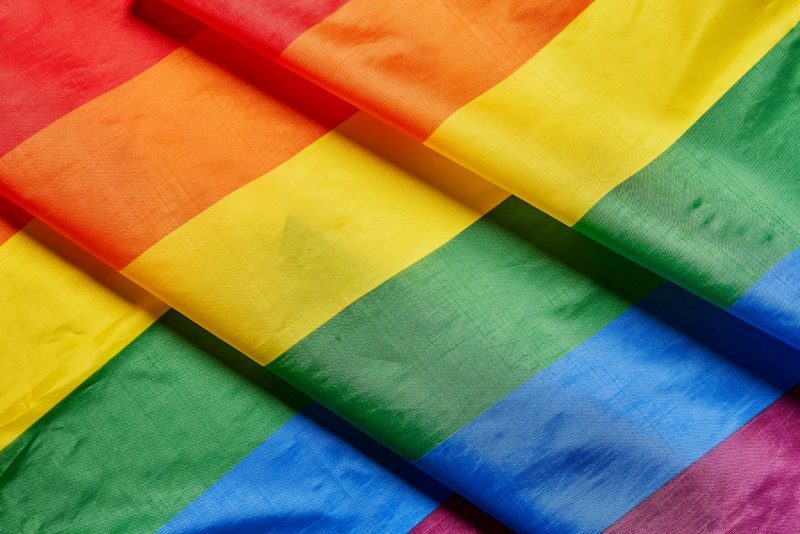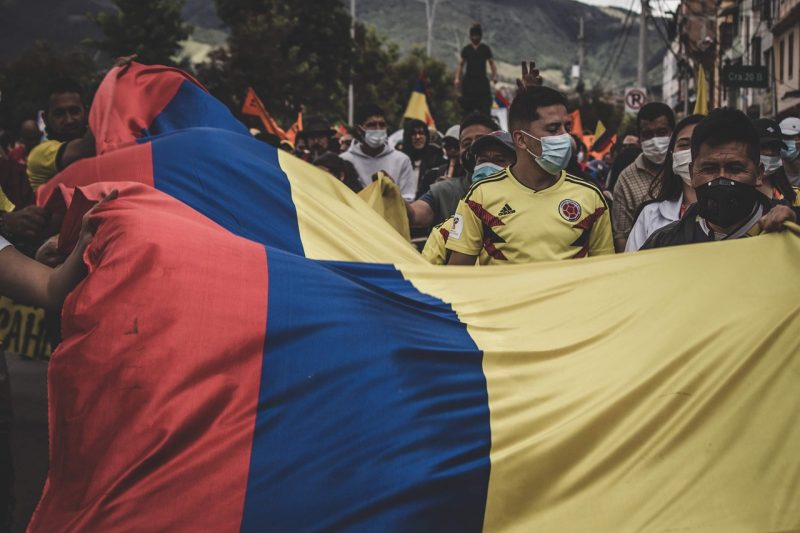Striking the wrong notes
Music can be used to both trigger emotional responses and sway public opinion, which has led some governments to censor music on the basis of political, religious, or ethical disagreements.
The USSR's legacy 30 years on
As we mark the 30th anniversary of the end of the USSR, this special coverage seeks to explore Soviet heritage, its relevance today, and its enduring legacy around the world.
Afghanistan's Great Dispersal
The effects of this crisis will spread farther than Afghanistan and are already having global consequences. In our special coverage, we explore how the cataclysm in Afghanistan is affecting communities worldwide.
Sports and diversity
We look at sports from the perspective of people who are not historically the main subjects of sporting focus or success, to consider their achievements, their struggles, the injustices they face.
Myanmar's Spring Revolution
Myanmar’s “Spring Revolution” aims to unite the country’s citizens in strong rejection of the February 1 military coup, civil resistance, and a call for the return of democratic rule.
Pride 2021: Growing visibility, increasing attacks
The first half of 2021 has been a mixed bag of encouraging and alarming news for the LGBTQI+ community around the world.
What’s science without women?
Women are highly underrepresented in research: They make up less than 30 percent of the world's scientists, technologists, engineers, and mathematicians. And women of color are less represented still.
Fighting rising inequality in Colombia
What started in Colombia as demonstrations against a tax reform transformed into a rallying call for more equality and less military and police violence.
Belarus In Turmoil
Belarus is undergoing perhaps its most serious political crisis since independence.
What Eurovision tells us about Europe
The Eurovision Song Contest—and the reactions it evokes—provides a compelling lens through which to regard contemporary Europe, its politics, its self-image and its presumed values.
The junta seizes Myanmar again. Will democracy prevail?
Global Voices’ coverage features stories and eyewitness accounts of citizen journalists, media partners, and local researchers.
Digital rights under lockdown: Government control of the COVID-19 narrative in Africa
Digital Rights Under Lockdown,” invited nine reporters to research and the state of digital rights during the pandemic in Algeria, Tunisia, Nigeria, Namibia, Tanzania, Uganda, Zimbabwe, Mozambique and Ethiopia.












